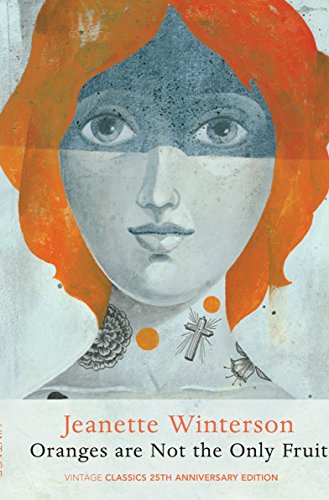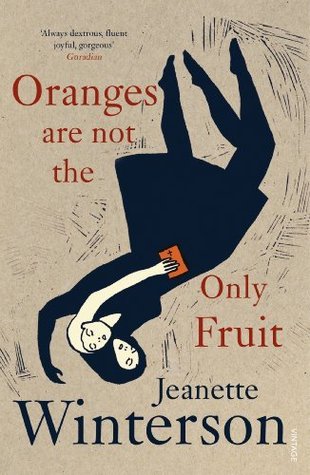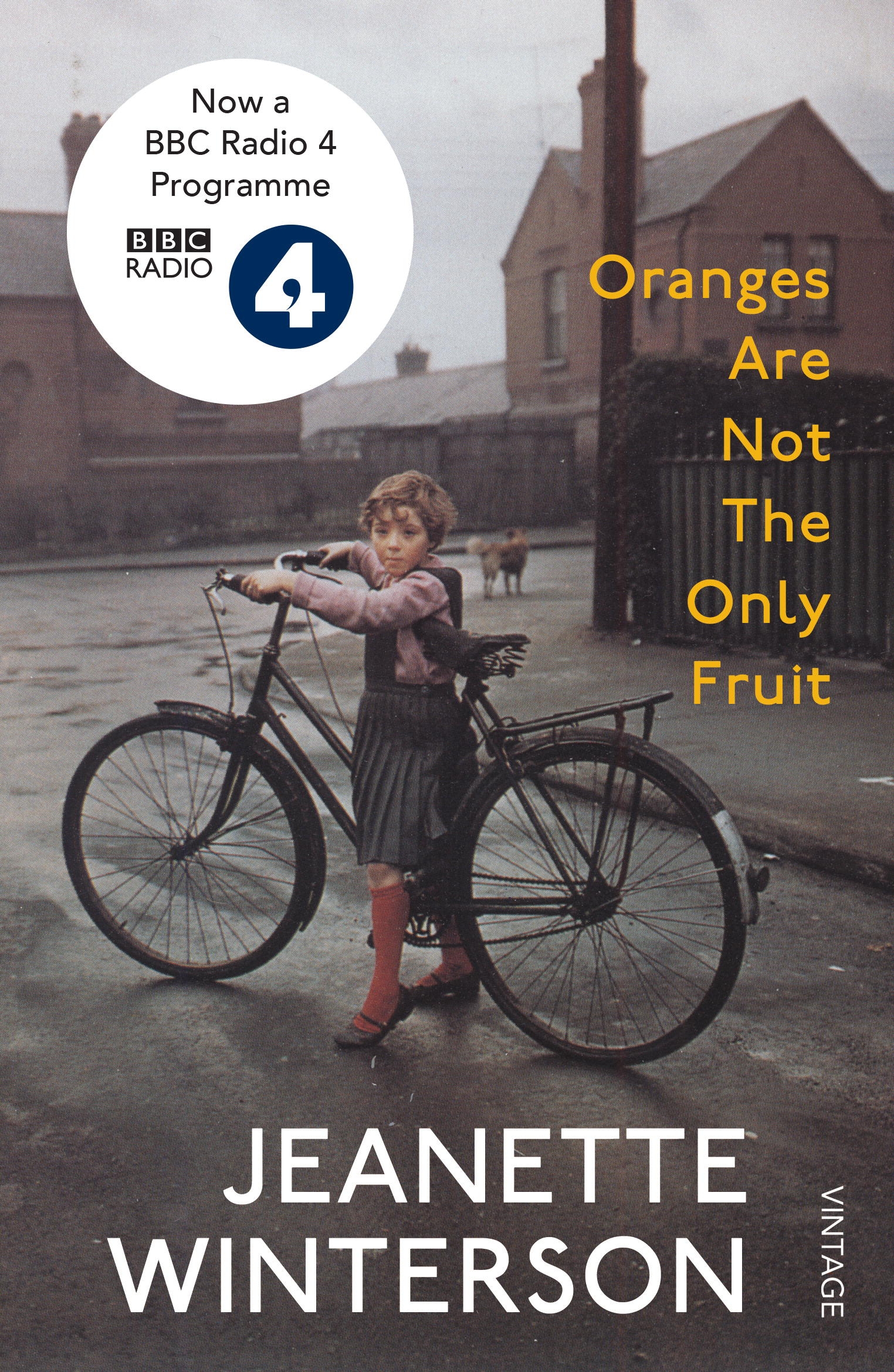



This study focuses on the appropriation of the Bildungsroman genre in Jeanette Winterson’s first book Oranges are Not the Only Fruit (1985), a novel which is often referred to as the fictionalization of the author’s upbringing. Thus, the thesis reveals two differing but complementary instances that shed light on evolving views on the nature of time and history. On the other hand, Sexing the Cherry displays how the narrators’ conflicting approaches towards time blend together ultimately within the character-narrator Jordan’s pursuit of the unknown in the empty time and the eternal return of difference. Ultimately, the study asserts that Oranges Are Not the Only Fruit illustrates how the intradiegetic narrator Jeanette inclines towards the familiar in life by holding onto the repetition of the habits and the xpectations within the living present. Such an inquiry reveals how and why in Oranges Are Not the Only Fruit the ideas in the first synthesis prevails whereas the ideas in the third synthesis come forth in Sexing the Cherry. It does a Deleuzian reading of the novels in line with Deleuze’s three syntheses of time that appear in close interaction with his notions of repetition and difference. Therefore, the study construes the temporal narrative fluxes and the explorations of time and history in these novels, by investigating the character- narrators’ internal and external journeys. This thesis analyses the notion of time in Jeanette Winterson’s Oranges Are Not the Only Fruit and Sexing the Cherry in order to demonstrate how the form and content of these novels show her changing views towards the nature of time and its relation to history. This article explores the multiple functions of the fantasy stories in order to demonstrate their social importance within the novel and their cultural influence outside the novel.

Winterson abo emphasizes the symbiotic reUtionship between stories and reality. By describing banks for interpretive power like the one that occurs over Jeanettes Fuzzy Felt depiction of Daniel in the lions' den, Winterson shows the fluidity of meaning and exposes what is ideologically at stake in these established narratives. Whether the narratives power is ultimately reaffirmed or disrupted, these remain sites of instability. The biblical, fantasy, and personal narratives are the sites in Oranges where wall-like belief systems are scrutinized and where meaning and identity are affirmed, contested, and then either reaffirmed or deconstructed. By narratively juxtaposing reality (Jeanettes history) with fairytale stories and fantastic spaces, Winterson complicates the truths of each setting, disrupts the binary imperative, and reveah the spaces where change can occur. In Oranges Are Not the Only Fruit, Jeanette Winterson problematizes separating history from storytelling.


 0 kommentar(er)
0 kommentar(er)
